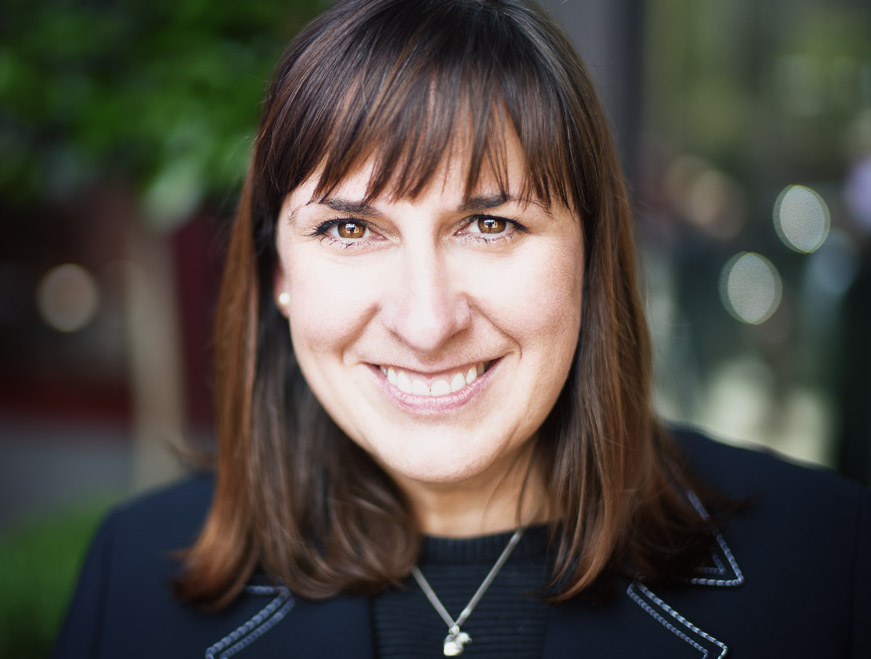- Home
- About Us
- The Team / Contact Us
- Books and Resources
- Privacy Policy
- Nonprofit Employer of Choice Award

 We all get stuck with the status quo. How many times have you suggested a new or different way of doing something and simply been told that the current way ‘is just how we do things here’?
We all get stuck with the status quo. How many times have you suggested a new or different way of doing something and simply been told that the current way ‘is just how we do things here’?
Whatever type of fundraiser you are, it’s important to constantly seek out the most effective way to get your job done. If you don’t ask questions and challenge ‘how we do things here’ you run the risk of standing still while the world moves and changes around you. Crucially this means that you risk missing out on potentially lucrative fundraising opportunities.
Ask ‘why?’ more
I call it toddler syndrome. To seek out the most effective way to get your job done you must keep asking questions, for example: Why do we do it this way? Is there a better way? What if we did it like this?
It’s not only big changes to how we do things here that can save us time, money and resources. Its small changes too. For instance how does your organization use meetings to move ahead?
It occurs to me that we spend a lot of time in meetings. In fact, when I worked in a charity in a job that cut across many teams I had so many meetings that all I did was have meetings. Then I had to catch up on work and actions from meetings after hours when there were no meetings.
I work with many charities and I get a lot of ‘out of office’ email messages from my clients about being in meetings - and subsequent emails at all times of day and night as people catch up on ‘work’ once the meetings are over.
There has to be a better way. How might we spend less time having meetings?
When I was starting my fundraising career as a trust and major giving fundraiser part of my role was getting meetings with trust managers and major donors. It was really difficult to get an hour in their diary, so I tried something new. I started scheduling shorter meeting slots. I’d ask for 10 minutes and make sure the meeting didn’t start on the hour or half past the hour to signal that I was serious about it being a 10 minute meeting. I still use this tactic when getting meetings with busy people.
According to David DeSalvo in Forbes. long meetings are not usually a space where people thrive creatively or do their best thinking anyway. He is an advocate for the ten minute meeting with a tight agenda and so committed to short meetings, that people remain standing when they have them.
What is your purpose?
I’ve also noticed that people often turn up to a meeting just because someone invited them. Unless we are clear on why we need to be there and what is expected of us at the meeting it can be a big waste of time. Always get clarity on what the meeting is for and what your role is. If you don’t feel it is necessary for you to be there then say so. Don’t attend a pointless meeting and use the time for something more productive.
And finally, don’t default to filling the time scheduled. Sheryl Sandberg, best selling author and Facebook COO finishes a meeting when all the actions are completed. If that’s 10 minutes into a meeting scheduled for an hour then that’s 50 minutes saved to focus on something else. And in order to do this you have to be crystal clear on what the agenda is and your role in the meeting. (see above)
We all have the same amount of time in a day - the difference between super successful people and averagely successful people is how they focus and use that time. Being more strategic and mindful about the meetings you attend is one simple way that you can start doing this right now.
Three tips to focus your time
Lucy Gower is a trainer and coach specialising in innovation. She led the first innovation team at UK children’s charity NSPCC and it was there that Lucy realized that you can have the best ideas, processes and technology, but if you don’t have the right people working together then even the best ideas will fail. Since leaving the NSPCC in 2012 Lucy has worked with over 50 organisations including Amnesty, Cystic Fibrosis Trust, Nesta, The Children’s Society and Greenpeace.
Lucy is also author of The Innovation Workout, a blogger and conference speaker, and is often seen on Twitter @lucyinnovation